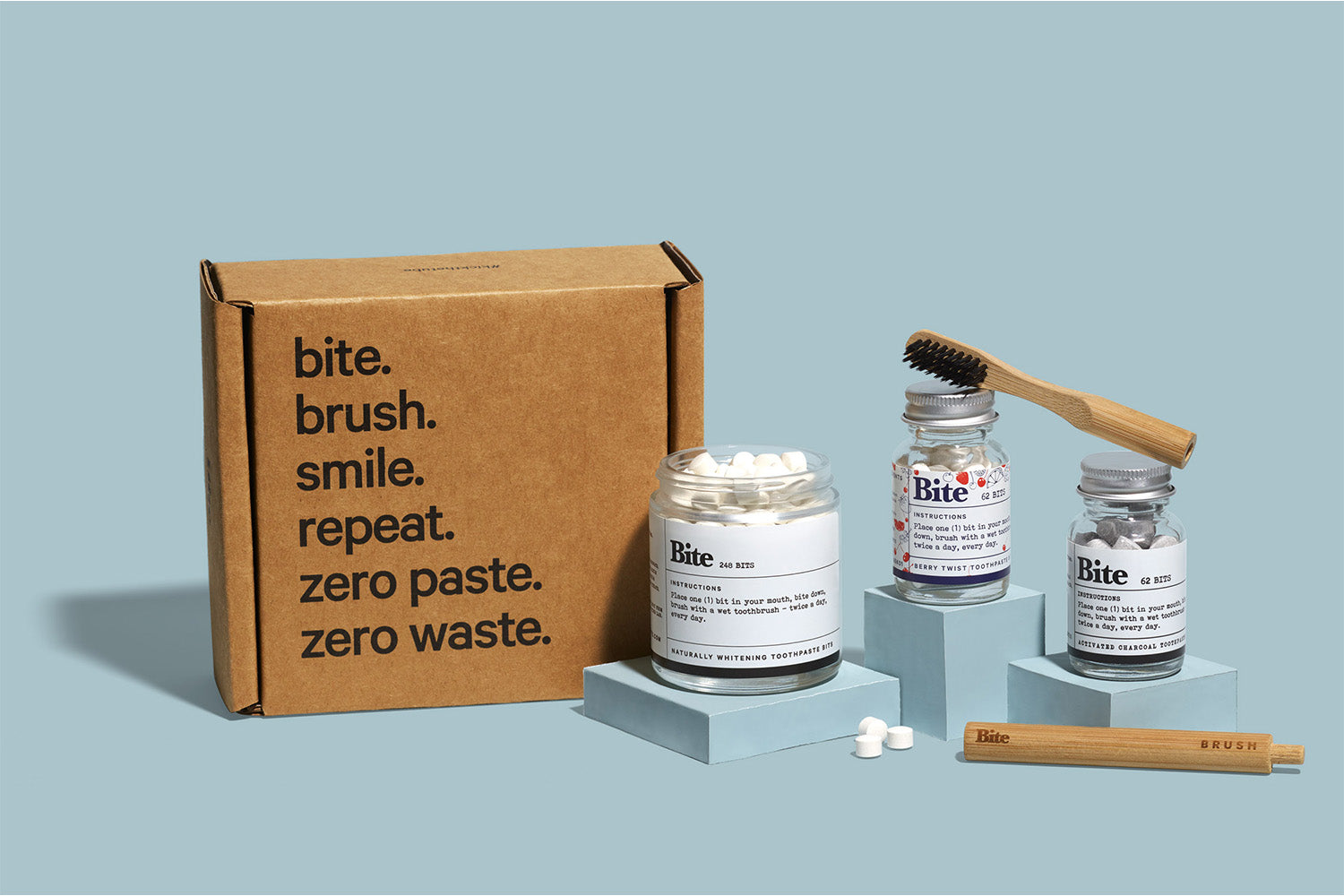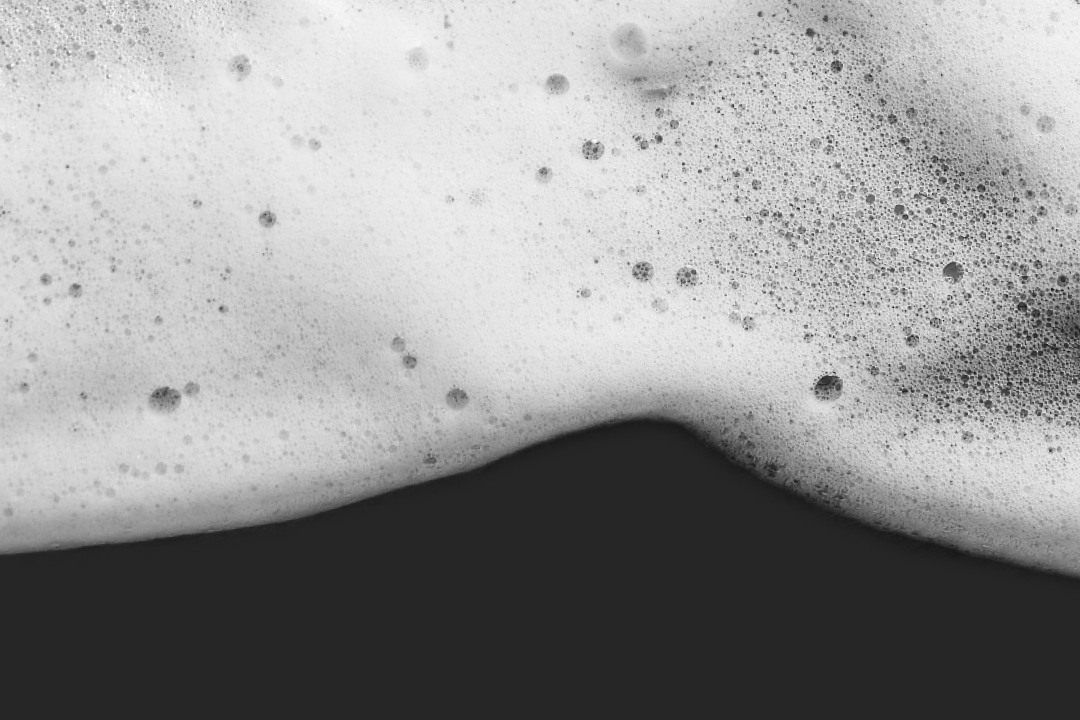Why Recycling Continues To Be Important in 2022
Now, more than ever, we are seeing serious environmental damage from human activities like overconsumption, deforestation, and so much more.
Though we have come a long way with education, research, and sustainability practices, there is still more work to do when it comes to taking care of our earth, but how can we do that?
One of the simplest ways to help out our earth is through recycling, but how does recycling work, and what kind of impact can it leave on the environment?
Keep reading to discover why recycling is crucial to the survival of our earth and how you can make small changes in your habits that can lead to something bigger.
What Is Recycling?
Many of us probably remember watching public service announcements as kids, urging us to recycle with catchy songs and fun graphics. But what is recycling?
Recycling involves taking materials like plastic, glass, and metal and transforming these materials into new products. For example, plastic bottles that once held soda or water can be turned into new plastic containers that can hold different products instead of manufacturing new plastic.
How Does Recycling Work?
The process of recycling involves several steps: collection and processing, manufacturing, and selling. Below is a brief description of how each step of recycling works.
Collection and Processing
Depending on where you live, you may have the option to have your recyclable materials picked up by a recycling facility, or you may have to drop your own recyclables in designated recycling bin areas.
Recycle workers will collect these materials to be sorted, cleaned, and processed. There may be materials that are not actually recyclable, or that may not be clean enough to recycle. These materials might include certain types of plastic that are not recyclable or containers soiled with leftover food or product.
Some recycling programs will require you to separate your recyclables, but others will require you to keep all your materials in one designated bin. Regardless, always rinse and clean out your recyclables so they can be properly sorted and recycled.
Manufacturing New Products
Because of the high demand for products packaged in materials like aluminum cans and plastic containers, using recycled materials helps cut down on the need to manufacture new metal or plastic, reducing overall waste.
Purchasing Recycled Products
Once materials like metal cans, paper, plastic products, glass bottles, and wood are recycled and manufactured into new products, these products can be purchased and recycled again!
Companies can use different types of recycled packaging to package their products: recycled materials, post-consumer materials, and recyclable products.
Recycled content products are self-explanatory — these products are made from recycled content recovered from recycling plants, and you can usually see the percentage of recycled materials used on the product's packaging.
Post-consumer materials come from materials that we throw into our recycling bins every day. Products packaged in post-consumer materials are fascinating because we can directly see the impact of a simple toss into our recycling bins!
Recyclable products may not contain already-recycled materials but can be recycled for future use.
Is Recycling the Best Option?
Let’s get one thing straight — recycling is certainly a better option than simply throwing your items or materials in the trash, but it is not necessarily the best option.
If you’re looking for the absolute best ways to reduce your impact on the environment, you should considering the reduce and reuse part of “reduce, reuse, recycle” first. Reducing your consumption of unnecessary items or materials is the number one way to help lower your impact, because the fewer things you are buying and discarding, the less waste that will exist in general.
Reusing your items or materials comes in second, as this, too, helps keep your items out of the recycling bin in the first place. For example, empty glass jars or bottles could be reused for home décor, storage for small items, or even vases.
Realistically, you should think of recycling as a last resort if, for any reason, you can’t reduce or reuse in a given instance.
What Are the Benefits of Recycling for the Earth?
Overconsumption and waste are two major issues when it comes to environmental damage.
In 2018 alone, over 35 thousand tons of plastic were generated in the US, with only around 3,000 of these tons being recycled.
So, where is all the other plastic going?
If plastic is not recycled, then it ends up in landfills where it can take centuries to break down, or it can end up in oceans where it disrupts ecosystems by contributing to water pollution.
Landfills in the US are responsible for the emission of a greenhouse gas called methane. Greenhouse gasses cause a rise in temperature in the atmosphere, which contributes to global warming and climate change.
Methane is even more dangerous than carbon dioxide, another greenhouse gas, because it is 25 times stronger than carbon dioxide in trapping heat in our atmosphere.
Over the last 200 years, methane emission has doubled, coming from human activities like overconsumption of resources that leads to excess waste.
Because the amount of waste generated increases each year, it is crucial to recycle as many materials as possible to bring these alarming numbers down and reduce the greenhouse gas emissions.
Though recycling is a simple activity, doing so can help decrease the depletion of natural resources and raw materials that we need to survive.
For example, just one ton of recycled paper products can save 17 trees, approximately three cubic yards of landfill space, and 17,000 gallons of water.
Why Is Helping the Environment Important?
The truth is that we only have one earth to live on, and because of overconsumption and the depletion of resources, our earth is suffering.
Harmful human activities are causing a steady increase in the emission of greenhouse gasses which causes global warming.
Another culprit of global warming is the use of fossil fuels, fuels made from decomposed animal and plant matter. When burned, these fuels emit greenhouse gasses like carbon dioxide that get trapped in the earth’s atmosphere and cause an increase in temperature.
Fossil fuels are used to generate electricity to power the factories that mass-produce products to keep up with the demand of human consumption.
Because of global warming, there has been a 13 percent decrease in arctic sea ice content every decade since 1979, leading to the disruption of ecosystems and unsafe living conditions for animals like polar bears.
Because of overconsumption and excess waste, we are creating a warmer planet with damaged ecosystems, which is a discouraging reality.
However, with simple activities like recycling, we can help restore the health of the earth and create a better place to live for current and future generations.
What If I Can’t Recycle?
There are a number of areas where recycling is not accessible as others, so are there other ways to reduce waste?
Yes! There are countless ways to reduce your waste to help keep that waste out of landfills and oceans. Below are just a few ways to reduce your personal waste.
Reuse and Reduce
When you think about it, there are tons of products we use and activities we do every day that generate waste. From purchasing a delicious iced latte to going on a weekly grocery shopping trip, we use a lot of unnecessary plastic.
Simple swaps like using a reusable coffee cup with a metal or glass straw to take to your local coffee shop or bringing reusable bags to the grocery store are incredibly easy ways to reduce your plastic use and overall personal waste.
Meal Prep
Many of us buy produce and other kinds of food that we swear we will use up, but these foods end up going bad in the back of the fridge while hidden behind takeout containers.
Don’t worry; we’ve all done it!
Meal prepping is an easy way to make the most out of your weekly supply of groceries, making eating more convenient, especially after those long work days where you want to do as little as possible after coming home.
You can also experiment with new meals and use your leftovers to create a new meal. Say goodbye to those unused bags of spinach!
Compost
If you end up with uneaten food that has gone bad, you can still use those food scraps to help the environment!
Composting involves taking organic materials like coffee grounds, produce scraps, and leaves and recycling these materials to create fertilizer that makes nutrient-dense soil for plants to grow.
Instead of throwing away food scraps, you can use these to give back to the earth and grow strong and healthy plants.
Growing your own food is also another way to reduce your personal consumption, and it can also help you save a trip to the grocery store as well.
By composting, you can reduce your waste while also cutting back on the methane generated from waste in landfills. You may also end up with delicious produce grown at home as well!
Swap Out Your Products
Many of us have our absolute favorite products that we use every day to complete our personal care routines. However, many of these products are packaged in plastic that might not be recycled or reused.
At Bite, we understand how powerful our simple habits are in leaving an impact on the earth. That is why our line of personal care products is made with clean, safe ingredients packaged in recyclable and reusable packaging, no plastic required.
We also know how difficult it can be to keep up with maintaining a sustainable lifestyle which is why we make that maintenance easy for you.
Products like our Toothpaste Bits and Mouthwash Bits come in reusable containers, and we even send refills every four months packaged in compostable pouches so that you can achieve a plastic-free personal care routine.
Of course, our personal choices and habits can leave a positive or negative impact on the environment. Still, large companies also play an important role in the destruction of the environment.
At Bite, we are committed to doing the work it takes to make swapping out products easy and enjoyable.
The Bottom Line
With all of the information and statistics on the current state of our environment, it may be difficult to see the point of small activities such as recycling.
Small changes can lead to something bigger. With more awareness and education, the small changes we make can influence others to do the same, leading to bigger changes for our environment.
Whether you choose to recycle, meal prep, or use reusable containers, your choices can make a bigger impact than you think. With Bite, making these changes is made simple and easy, giving you the confidence that you are doing good for the earth, one bit at a time!
Sources:
Plastics: Material-Specific Data | EPA
Basic Information About Landfill Gas | EPA
Pitt Sustainability | University of Pittsburgh


